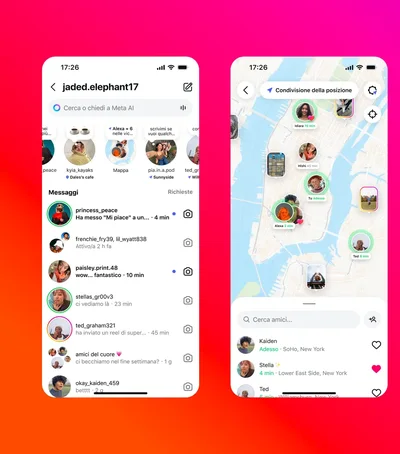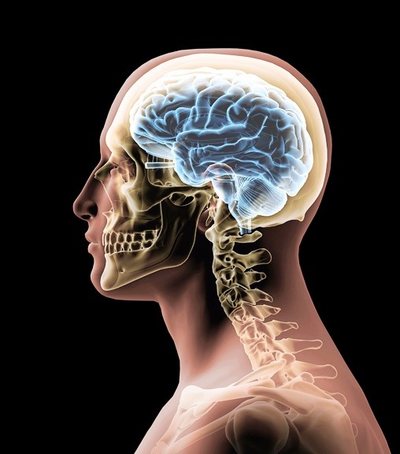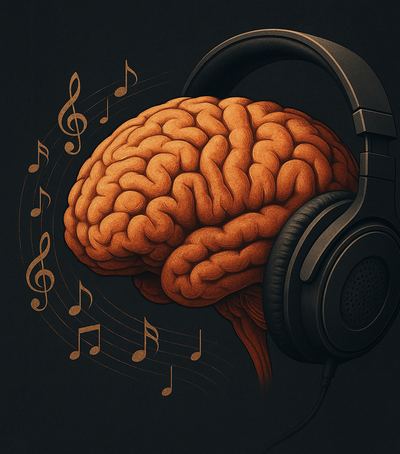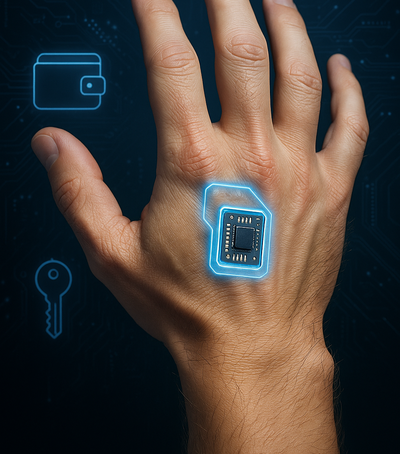
Why does time “slow down” in danger?
Many people who have experienced dangerous situations – accidents, falls or moments of extreme fear – report that time seemed to slow down. Every second felt like a minute. Scientists explain this by the way our brain processes information when under stress. In moments of threat, the limbic system is activated, adrenaline increases and the brain registers more details per second. This “information overload” creates the illusion that time has passed more slowly.
How emotions change the perception of time
The perception of time is not the same for everyone and not in every situation.
When we are happy or engaged in something we love, time seems to "fly".
When we're bored, a single hour can seem endless.
When we are afraid or under pressure, the brain focuses intensely on the present moment, creating the illusion of time slowing down.
The brain as a "subjective clock"
Unlike a mechanical clock, the brain does not measure time precisely, but based on emotional experiences and attention levels. The more emotions and memories we generate in a short period of time, the longer that interval seems to us. This mechanism is why childhood often seems endless, while the adult years pass much more quickly.
The illusion of time is one of the most fascinating examples of the interplay between the brain and emotions. Ultimately, the time we experience is not simply that of a calendar or a clock on the wall, but a mix of sensations, memories, and emotional intensity. And perhaps, this teaches us to appreciate happy moments more, because they are the ones that time seems to transform into eternal moments.
Photo by cottonbro studio: https://www.pexels.com/photo/man-and-woman-holding-clear-drinking-glasses-5028425/





